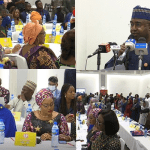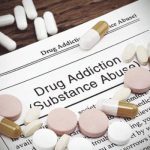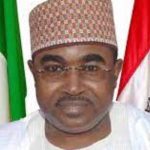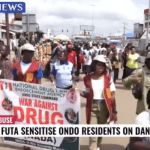Brig. Gen. Mohamed Buba Marwa (Retd), Chairman/CEO of the National Drug Law Enforcement Agency, has stated that the upgrade of the Agency’s forensic laboratory by the United States Bureau of International Narcotics and Law Enforcement Affairs (INL) will improve operational standards and optimal performance of the NDLEA in its renewed fight against substance abuse and illicit drug trafficking in Nigeria.
Marwa stated this during the commissioning of the agency’s newly refurbished forensic laboratory in Lagos.
He said that the project was facilitated by INL and implemented by the United Nations Office on Drugs and Crime, UNODC.
The NDLEA boss who was represented at the event by the Agency’s Director of Media and Advocacy, Femi Babafemi emphasized the importance of modern forensic laboratories to the successful fight against illicit drugs in the country.
According to him, the forensic laboratory is crucial in identifying drug exhibits, investigating illicit drug manufacturing, and dismantling clandestine laboratories. Finally, it strengthens the criminal justice system.
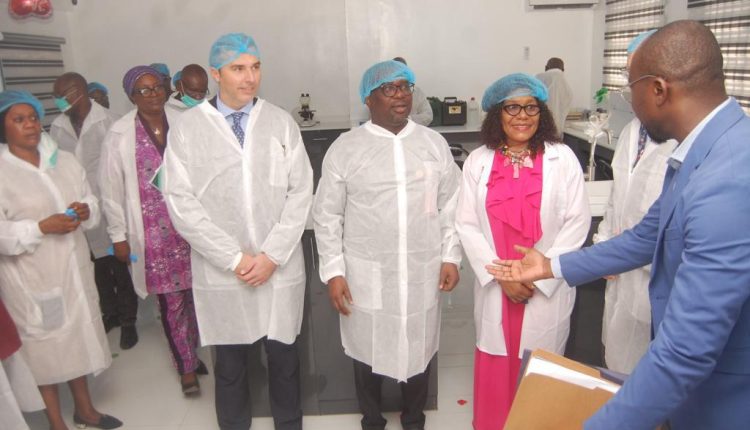
Marwa expressed appreciation to the US government for approving funding for the project, which encompasses: strengthening the forensic and chemical analysis capacity of NDLEA; upgrading the interrogation room and providing an e-library for prosecution.
He also commended the UNODC for the painstaking implementation of the project.
According to him, some other benefits of the project so far include the training of 20 NDLEA forensic analysts on drug identification and safe handling of synthetic opioids; provision of safety bags consisting of Personal Protective Equipment (PPE); supply of 20 test kits for drugs and precursor chemicals for field identification; supply of laptops, desktop computer, and other ICT accessories among others.
Speaking at the event, US Consul General Will Stevens emphasized the continuous security collaboration between the US and Nigeria.
During his remarks, UNODC Deputy Country Representative Danilo Campisi praised the collaboration with the United States INL and NDLEA, which he said continues to illustrate the success of these types of interventions done by organizations such as UNODC.
According to Campisi, the next phase of the project, which will be implemented over the next 12 months, will be an opportunity to consolidate the interventions begun in the first phase, and we look forward to continuing the tripartite partnership between UNODC, the US Government, and NDLEA in ensuring that criminal drug trafficking networks are dismantled and brought to justice.




